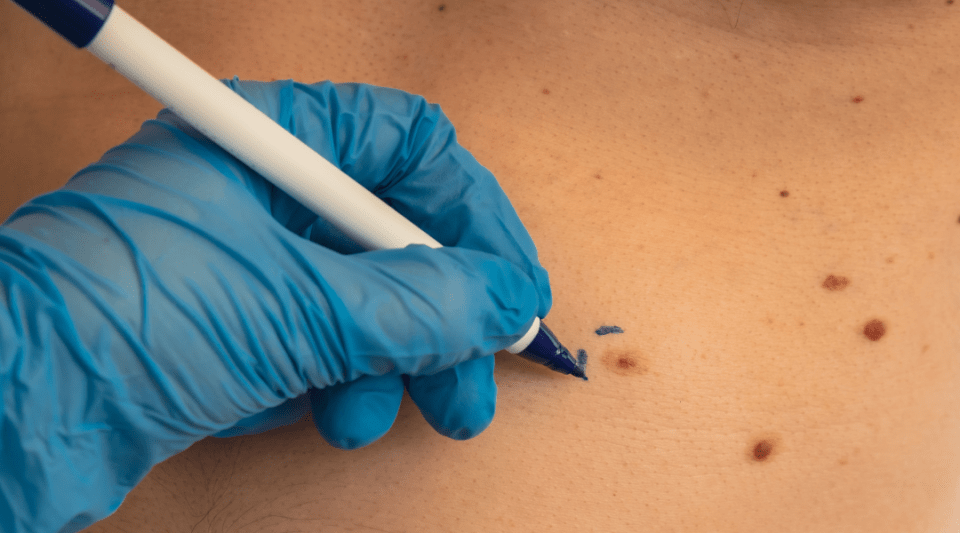A study published in 2022 in The Lancet revealed this alarming number of deaths due to antibiotic resistance. Furthermore, if indirectly related deaths are taken into account, the figure rises to almost 5 million. For several years now, antimicrobial resistance has been a public health challenge affecting not only human beings, but also animal health and the environment.
Antimicrobial resistance is the ability that microorganisms – bacteria, fungi or parasites – have developed to evade the effects of antimicrobials on them. It makes infections more difficult to treat, and lengthens the duration of illnesses, increasing the risk of serious complications and death. The main cause of this problem lies in inappropriate and excessive use of antibiotics, which has reduced their effectiveness against many infectious diseases.
In response to this crisis, the World Health Organisation (WHO) adopted its Global Action Plan on Antimicrobial Resistance in 2015. The plan has 5 key objectives: to improve awareness; to strengthen knowledge through research; to reduce the incidence of infection through hygiene and prevention measures; to optimise the use of antibiotics in human and animal health; and to increase investment in new drugs, diagnostic tools and vaccines.
Significant progress has been made thanks to this action plan. A notable example is the AMR EDUCare project, whose objective is to develop training material for over 4,000 health professionals throughout the EU, including Spain, in which the Hospital Clínic Barcelona actively participates.
In addition, surveillance programmes, such as the Global Antimicrobial Resistance and Use Surveillance System, have been implemented to compile data on the prevalence of resistant bacteria and to share information between countries. These data are essential to improve public health policies and respond more quickly and effectively to outbreaks of resistant infections.
However, there is still little significant progress in the development of new antibacterial treatments to address the growing problem of antibiotic resistance. This is confirmed by the 2021 annual WHO report, which highlights that only 12 antibiotics have been approved since 2017, of which 10 belong to existing classes. Therefore, we are still far from satisfying the needs of the world.
In conclusion, antibiotic resistance represents an urgent challenge for human, animal and environmental health. Without globally coordinated action, treatable infectious diseases could once again become deadly threats in the future. However, advances in research, education and health policies may help to address this problem more effectively. It is critical that each person takes responsibility for using antibiotics prudently, to preserve the effectiveness of these drugs. Together, we can ensure a healthier future for us all.
INFORMATION DOCUMENTED BY:
Dr Victoria Ballén, a Bacteriologist and Researcher at the Barcelona Institute for Global Health (ISGlobal)






